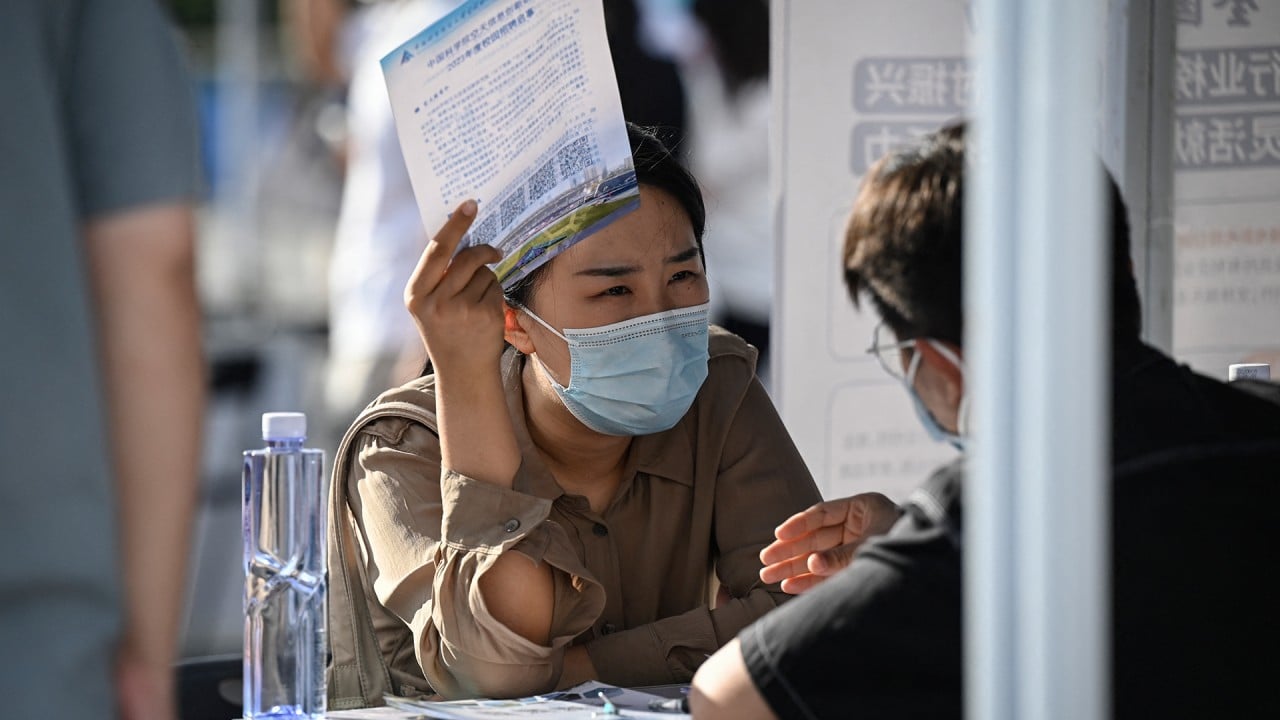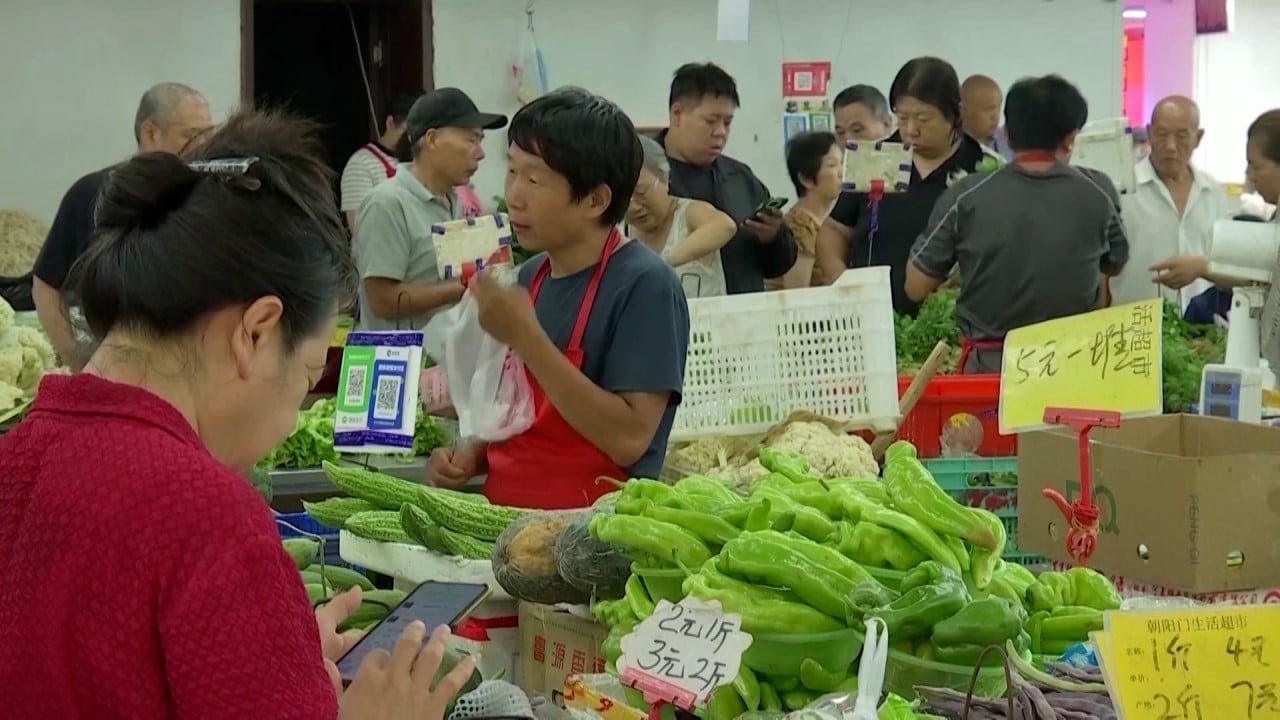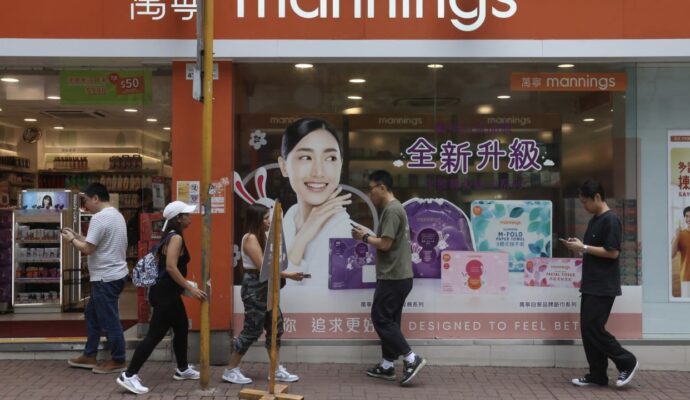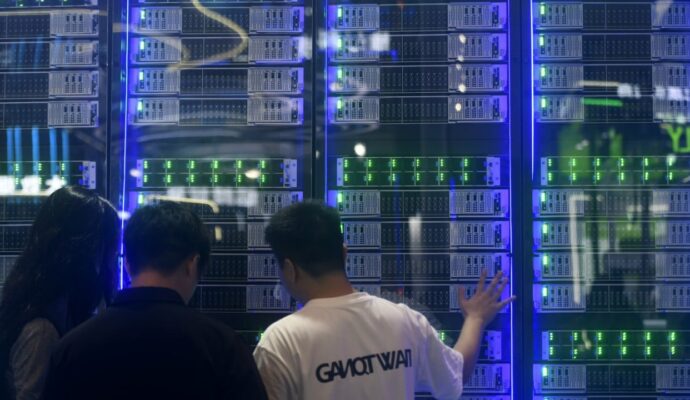China has failed to achieve some major economic goals set a decade ago and needs to press on with reforms to reach them, a prominent pro-market researcher said on the weekend amid concerns about the increasingly state-led economy.
Chi, a former member of the country’s top political advisory body, said that since the third plenum in 2013, the first under Xi Jinping as state leader, China’s development had been hindered by poor implementation of certain reforms pledged at that meeting.
The failures included slow progress on liberalising capital assets, limiting the internationalisation of the yuan considering China’s huge economic size, he said.
Change to the hukou system – the residence system that determines social benefits – also remained sluggish, dragging on income growth and urbanisation. Chi said many people had moved to towns and cities but had not been able to change their hukou, locking them out of the associated government services.
He also called for government “behaviour” to be standardised to improve conditions for business. “Practice shows that only by greatly reducing the government’s direct allocation of resources can the black box of regulation be broken,” he said.
At the 2013 plenum, the leadership promised to give markets, instead of the state, the “decisive role in allocating resources” but the trend has been in the opposite direction over the past decade.
The economic malaise is “not caused by cyclical factors like Covid, but by a failure to reform the country’s economic system”, according to a report jointly compiled by Rhodium Group and the Atlantic Council earlier this month.
The report said China was facing unprecedented structural threats to economic stability, and the authors expected growth to remain weak given the lack of major reform on the horizon.




